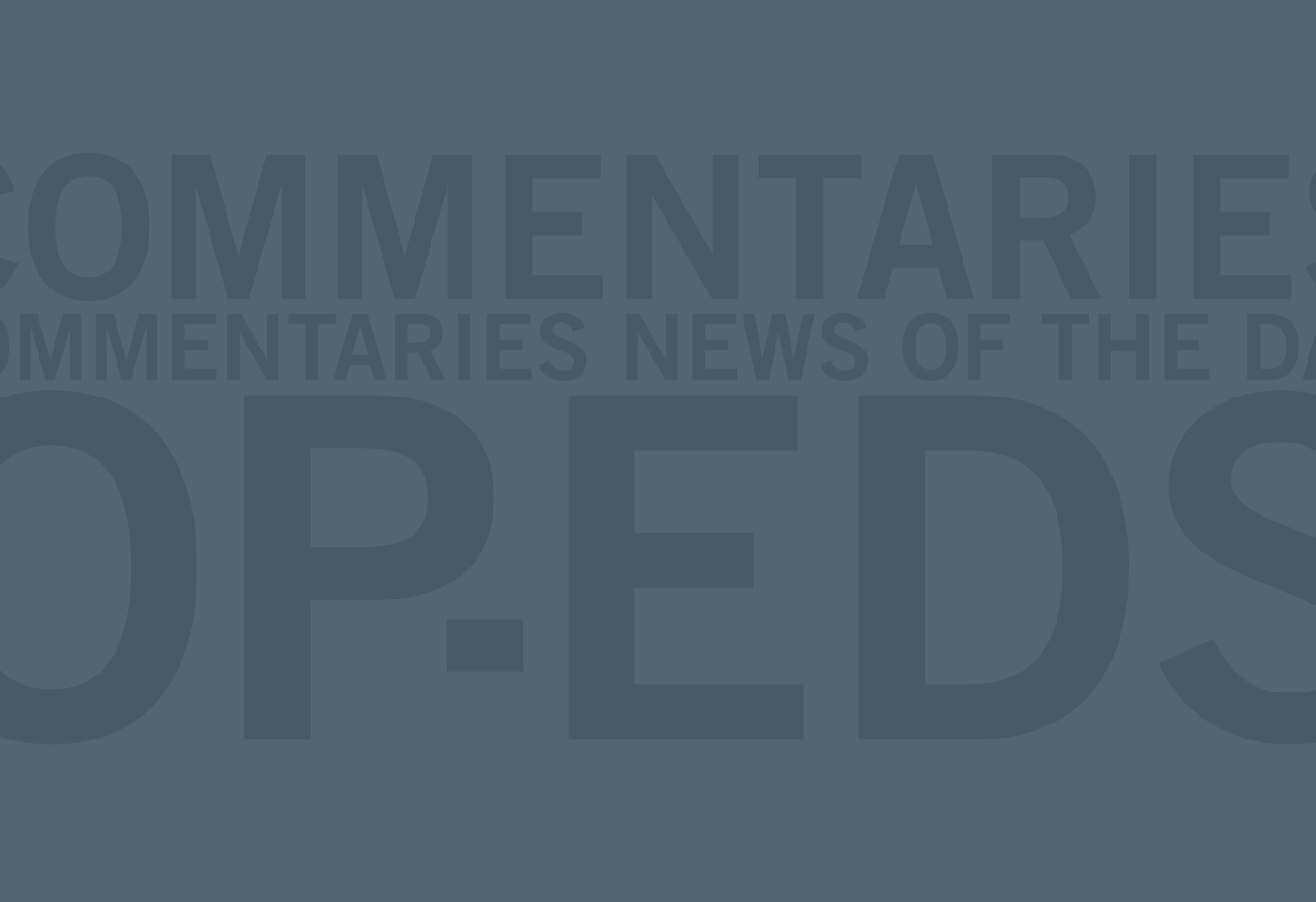By Dylan Jones
In the Hill Times
Feb. 10, 2014
The Conservative government of Stephen Harper has been focused on building Canada’s prosperity through economic growth and job creation. These are laudable objectives, although achieving them has required maintaining levels of short-term spending that exceed revenues.
To build a prosperous economy, there are four things that must be achieved: products get to markets, productivity improves, restored confidence in the quality of public regulation and having enough workers with skills that match industry’s needs. The Canada West Foundation will be examining the federal budget on whether it advances these objectives.
There are a number of initiatives important to the West and also in the interest of every region of the country. It is vital, for example, to keep the West firing on all cylinders, because it has been the engine that drives the country’s economy. However, we are eager to see the government address the economic challenges in Central Canada. Canada is not sustainable when the province with the most people, most accumulated wealth and most infrastructure – Ontario – can’t fund its own social programs.
It is also in the interests of all Canadians to see the federal government maintain its timeline to reach a balanced budget. Ongoing spending beyond its revenue base will force us to continue to borrow from future generations – an untenable position over the long run.
The Canada West Foundation will be looking for signals in the areas of trade and investment, natural resources policy and human capital. Given the imperative of fiscal restraint, we also recognize that these strategic investments will require a series of trade-offs, in which the government finds the money for new programs from others which have been shown to be less effective.
Canada’s infrastructure needs more attention, as the transportation crisis on the Prairies has so clearly illustrated. The Prairies experienced a bumper crop in the fall at a time when demand and prices were soaring around the globe. The problem? A lack of capacity to move the product to market is a massive missed opportunity. As international demand for our resources grows, we want to see the federal government align infrastructure spending with its trade objectives and access to Canada’s key product markets.
In trade, Global Markets Action Plan (GMAP) was a great first step to ensure a solid strategy for international trade. The budget needs to ensure federal efforts are better aligned to these trade priorities.
We now have at Western Economic Diversification a new federal minister with an exciting focus on deal-flow. This means actually helping sign contracts abroad. Ultimately, adding value to others is how we will prosper, not by borrowing money from future generations. These efforts to support deal-flow will be advanced by better collaboration and successful industry partnerships, such as the Saskatchewan Trade Export Partnership – a true success model.
Public diplomacy is an area which requires a strong federal presence. To tap into new Asian markets, and make GMAP successful, there is a need to ensure embassies fully understand what all of Canada has to offer to the world and to develop public diplomacy capacity that matches that of our competitors. Unlike selling to our neighbour and largest trading partner, the U.S., Asia requires a considerable investment in building new relationships.
Canada is a leader in peer-reviewed research. Now it is time to leverage that strength with a major push on innovation. Innovation helps solve specific social and economic problems, such as how to get grain to markets, lower construction costs or improve apprenticeship completion rates. The federal research and development approach needs to pivot to a more outcome-focused model. This will, in turn, drive better private innovation investment.
In the field of natural resources, the federal government urgently needs to invest in programs that will improve environmental performance and honour its stewardship commitments. Many believe U.S. President Barack Obama’s hesitance to sign off on the Keystone XL Pipeline is in part driven by the Canadian government’s failure to mitigate public concern over climate change. Improving environmental performance and working to reduce emissions related to oil sands development will help reduce the negative perception of our resource industries. This will reduce the challenges faced by resource development projects.
The need to address labour shortages and skills training is at the forefront of human capital. To have a training model that responds to employer demands for skills, the federal government will need to provide more details about, or more time for, the implementation of the Canada Job Grant. The current timelines do not give sufficient time for the effective collaboration of the federal and provincial governments with employers to formulate the mechanics of an efficient and market-driven training model.
We applaud the government’s resolve to maintain fiscal discipline, and avoid a laundry list of incremental spending. That is why we are looking for strategic spending that offers a return on investment, rather than adding onerous new draws on the public purse. We hope the federal Conservatives will choose wisely.
Dylan Jones is President and CEO of the Canada West Foundation, a western-based public policy think tank that focus on issues in the country’s four western provinces.
